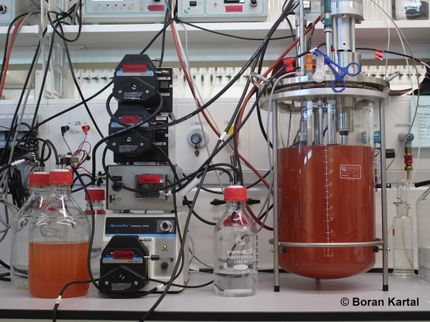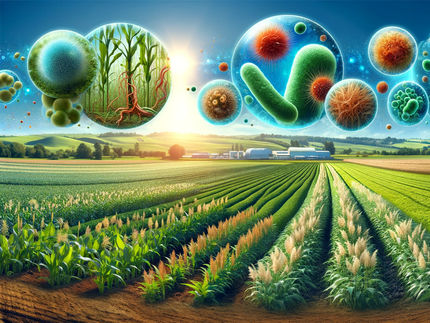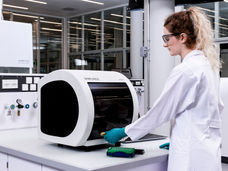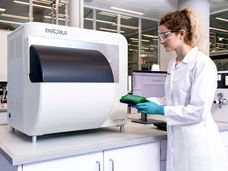Can corn be taught to fix its own nitrogen?
Advertisement
nitrogen fertilization is essential for profitable corn production. It also is a major cost of production and can contribute to degradation of the environment. Is it possible to "teach" corn to fix its own nitrogen, thus eliminating the need for nitrogen fertilizer applications? University of Illinois agricultural engineer Kaustubh Bhalerao believes it may be, through research in an emerging area of engineering called synthetic biology.
"We now understand enough about how genes work and how proteins are produced that we can actually think about reprogramming how living cells work," said Bhalerao, an assistant professor in U of I's Department of Agricultural and Biological Engineering. "On one hand, it sounds intimidating. But on the other hand, there are tremendous benefits that may be possible by doing this."
Bhalerao is leading a multidisciplinary research initiative with collaborators from the University of California, San Francisco; Stanford University; University of Cambridge; and New Castle University aimed at building systems that enable bacteria to spatially organize and communicate with and control plant cells. The research is funded through a grant of about $2 million from the U.S. National Science Foundation and United Kingdom's Engineering and Physical Sciences Research Council.
Bhalerao's research focuses on building systems in which bacteria behave like amplifiers. "We've developed the equivalence of an amplifier inside bacteria. The bacteria sense the presence of an amino acid in their environment and produce a protein in response. A positive feedback mechanism in the gene circuit amplifies the production of that protein," Bhalerao said.
By using bacterial amplifiers, the systems become more sensitive. "Because of the amplifier, bacterial biosensors can detect concentrations much lower than would have been possible otherwise. In a system designed to produce a particular molecule or chemical, much larger output levels can be generated," he said.
A specific application being investigated is the design of a system that enables nitrogen fixing bacteria to communicate with the root systems of corn plants.
According to Bhalerao, soybean fixes its own nitrogen by sending a message to a bacterium that encourages it to colonize in the plant's roots. Once the right environment has developed, the bacteria start fixing nitrogen for that plant. This results in soybeans being naturally high in nitrogen and a protein-rich food source.
"Why don't we teach corn how to do this?" Bhalerao said. "This would reduce the need for the application of petroleum-based fertilizers, which has huge implications for sustainable agriculture."




















































